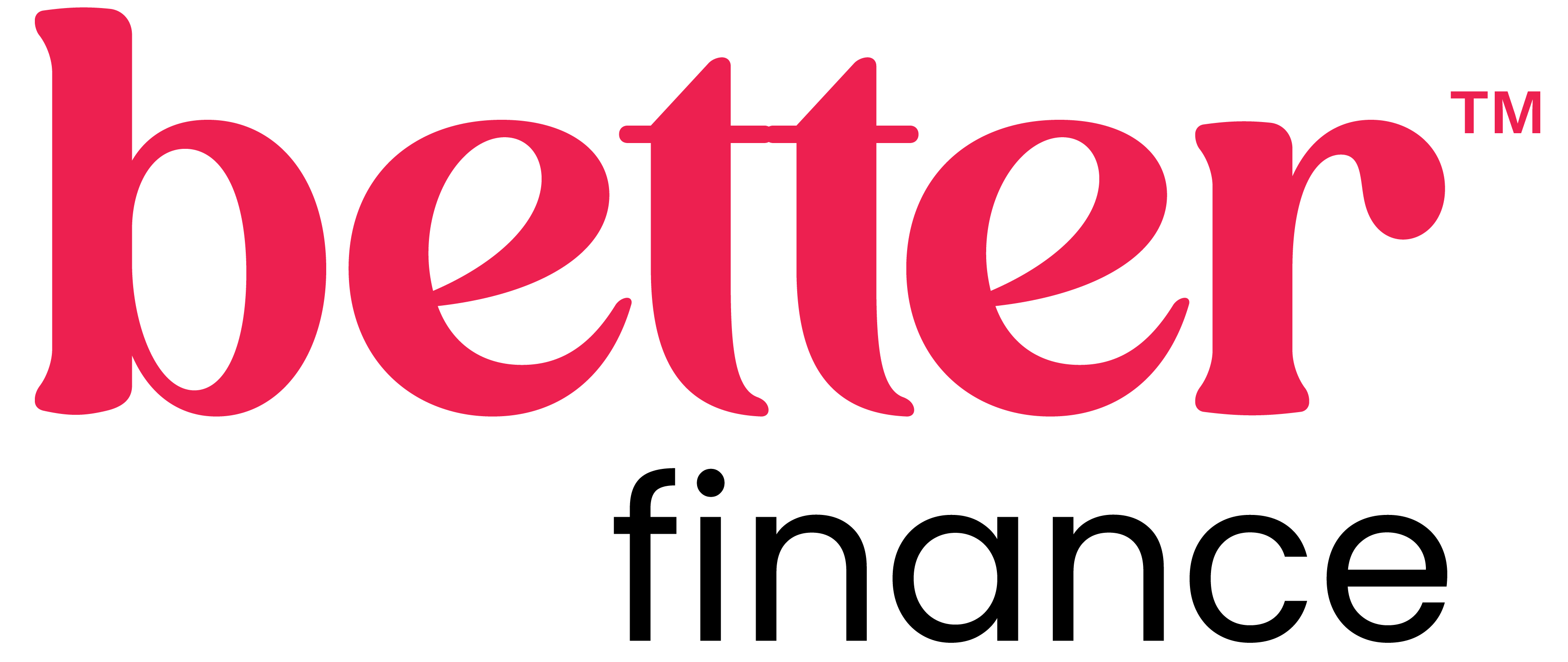
-
If you've been juggling multiple debts and are feeling a bit overwhelmed, you're not alone. Many people find themselves in a similar situation at some point. Luckily, there's a financial strategy that might help you regain control: debt consolidation. But hold on, before you jump into it headfirst, let's have a chat about how to assess whether debt consolidation is the right move for you.
Taking Stock of Your Debts
Picture this: you've got credit card payments, a vehicle loan, and maybe a personal loan all knocking on your financial door every month. The first step is to take a deep breath and list out all your debts. We're talking about the total amounts, interest rates, and monthly payments. This simple step will help give you a clear view of the mountain you're looking to conquer.
Pinpointing Your Financial Goals:
Let's get real about why you're considering debt consolidation. Is it to simplify your life, reduce your monthly financial stress, or in some cases - pay less interest over time? Knowing your financial goals will help guide your decision-making process. Plus, having a clear goal in mind will make it easier to measure the success of your debt consolidation journey.
The Credit Score Connection:
Before we move on, let's chat about your credit score. It's like your financial report card, and it plays a starring role in debt consolidation. And while it's not always about the rate - having a higher credit score can sometimes help you snag more favourable interest rates and terms. If your credit score isn't exactly where you want it to be, don't worry. You can work on improving it before taking the consolidation plunge. You can check out our article here for more on this.
Crunching the Numbers:
Alright, let's break out the calculator – or the spreadsheet if you're feeling fancy. Calculate how much you could save by consolidating your debts. Compare the total cost of your current debts with what you might pay through consolidation. But here's the catch: lower monthly payments might mean a longer repayment period, which could actually result in higher overall costs. So, think long-term when crunching those numbers.
Collateral Caution:
You know that favourite item you wouldn't want to part with? Well, some consolidation options might require you to use it as security – like home equity or your vehicle. Be sure to weigh the benefits against the risks.
Balancing Your Budget:
Remember that budget you've been meaning to follow? Now's the time to give it some love. Make sure the consolidated payment fits comfortably into your monthly cash flow. The last thing you want is to replace one financial stress with another. Stay realistic and avoid overstretching yourself.
Peeking at the Fine Print:
Here's a friendly reminder to always read the fine print. You wouldn't skip the plot twists in your favourite book, right? Well, terms and conditions are your story's plot twists. Look out for hidden fees, early repayment penalties, and any variable interest rates that could sneak up on you over time.
Seeking a Financial Sidekick:
Feeling a bit unsure? That's where a financial adviser comes in. Think of them as your money's best friend. They can offer personalised advice based on your unique situation. Whether you're a debt consolidation newbie or a seasoned pro, a financial adviser can help you make a decision that aligns with your financial future.
Embracing Financial Wellness:
Here's the scoop: even if you go the debt consolidation route, it's not a magic wand that makes all your financial troubles disappear. It's a tool – a powerful one, but a tool nonetheless. To truly conquer your financial woes, commit to better money habits. Avoid falling back into old debt traps, stick to your budget, and consider building an emergency fund for life's unexpected curveballs.
So, is debt consolidation right for you? The answer isn't one-size-fits-all. It depends on your unique financial situation, goals, and comfort level. Take the time to assess where you stand, what you need, and where you want to go. Remember, this is your financial journey, and with the right knowledge and strategy, you've got what it takes to make the right decision for you.
Disclaimer: Please note that the content provided in this article is intended as an overview and as general information only. While care is taken to ensure accuracy and reliability, the information provided is subject to continuous change and may not reflect current developments or address your situation. Before making any decisions based on the information provided in this article, please use your discretion, and seek independent guidance.





